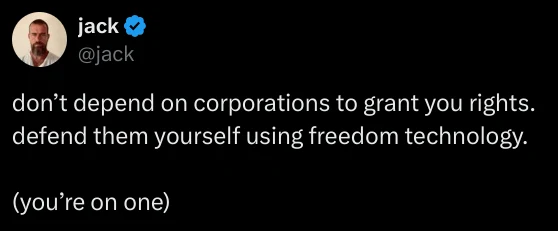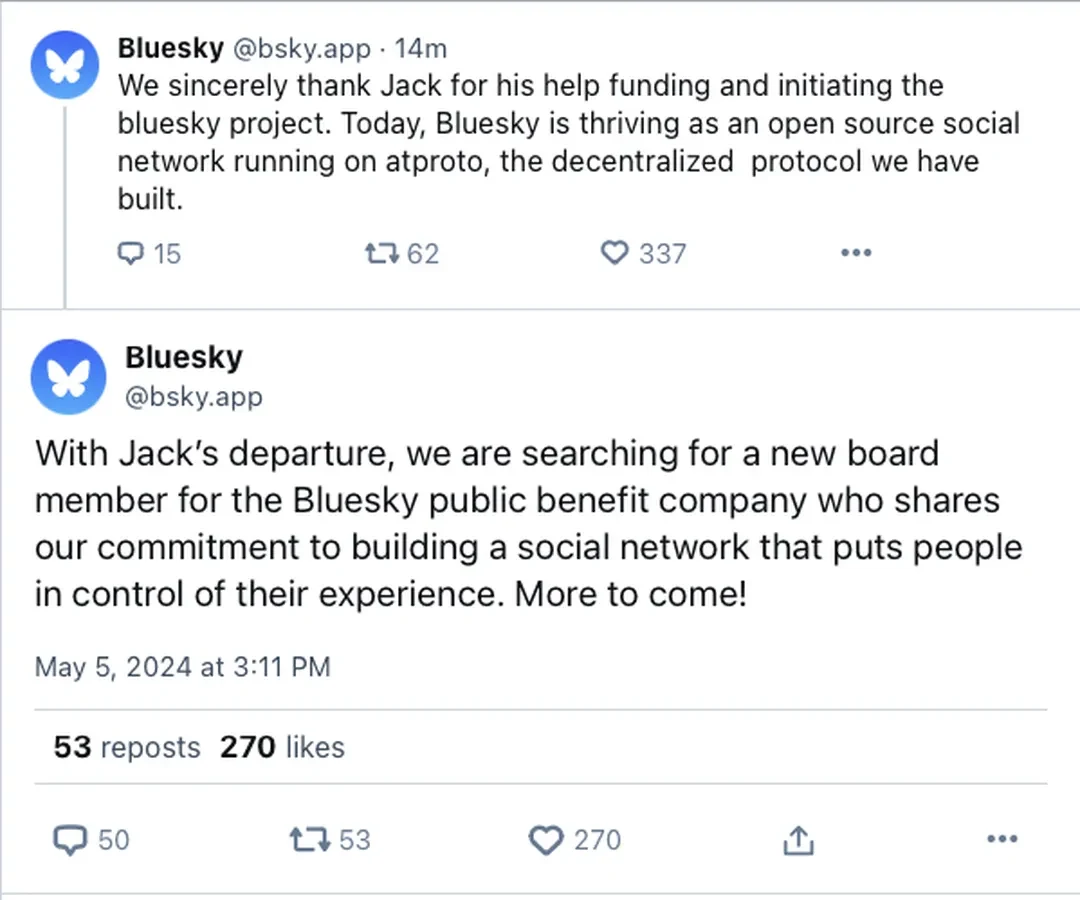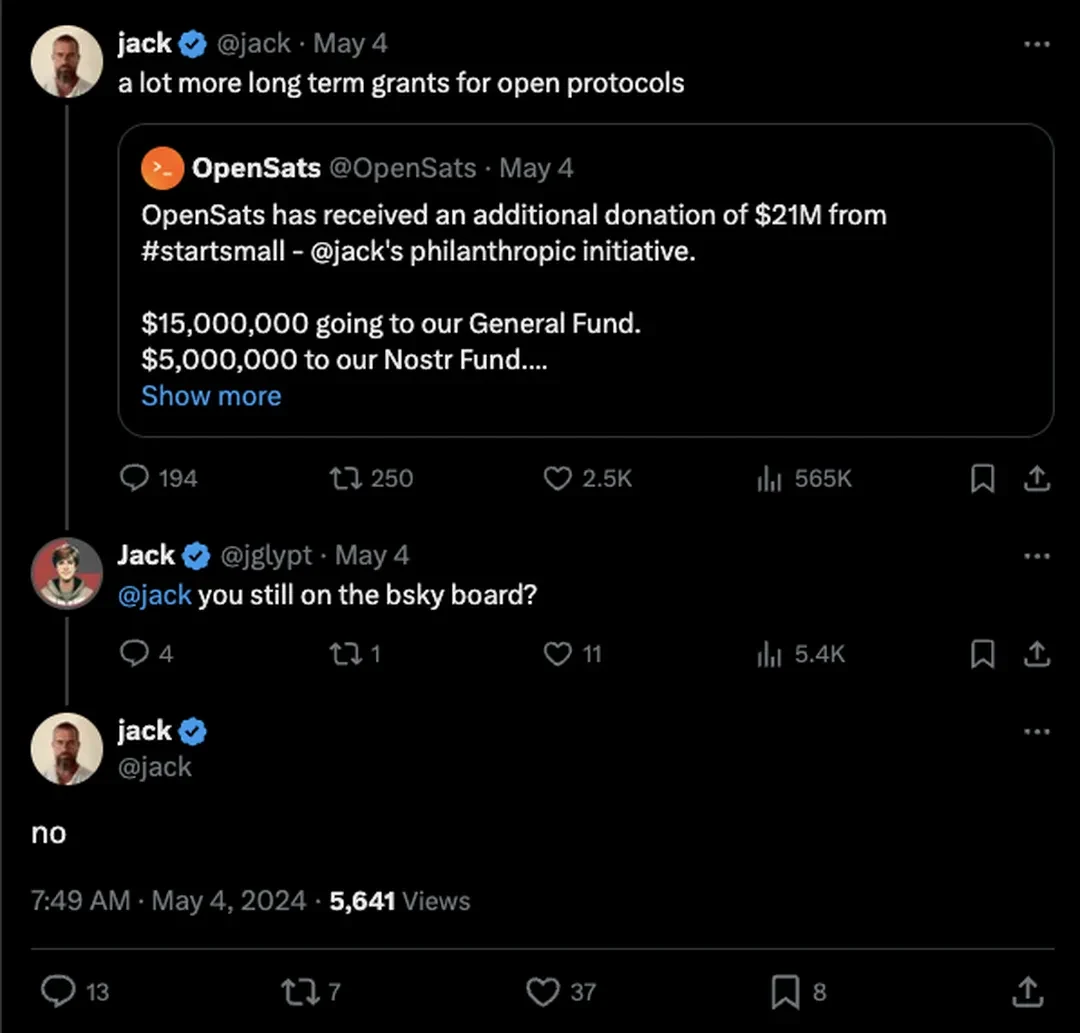- 2
- 9
- 5
- 10
hi guys, i am looking for sites to add to my webring! gimme ur urls :p thanks @X for suggsting neocities!
- 14
- 11
hi, im learning some html in class right now, but it's all just .html files on my computer, how do i add it to the web? preferably for free, also i dont want it to be slow
- 47
- 69
TunnelVision, as the researchers have named their attack, largely negates the entire purpose and selling point of VPNs, which is to encapsulate incoming and outgoing Internet traffic in an encrypted tunnel and to cloak the user's IP address. The researchers believe it affects all VPN applications when they're connected to a hostile network and that there are no ways to prevent such attacks except when the user's VPN runs on Linux or Android. They also said their attack technique may have been possible since 2002 and may already have been discovered and used in the wild since then.
( . . . . )
Interestingly, Android is the only operating system that fully immunizes VPN apps from the attack because it doesn't implement option 121. For all other OSes, there are no complete fixes. When apps run on Linux there's a setting that minimizes the effects, but even then TunnelVision can be used to exploit a side channel that can be used to de-anonymize destination traffic and perform targeted denial-of-service attacks. Network firewalls can also be configured to deny inbound and outbound traffic to and from the physical interface. This remedy is problematic for two reasons: (1) a VPN user connecting to an untrusted network has no ability to control the firewall and (2) it opens the same side channel present with the Linux mitigation.




- 21
- 69
Twitter founder Jack Dorsey is no longer on the board of Bluesky, the decentralized social media platform he helped start. In two posts today, Bluesky thanked Dorsey while confirming his departure and adding that it's searching for a new board member “who shares our commitment to building a social network that puts people in control of their experience.”
The posts come a day after an X user asked Dorsey if he was still on the company's board, and Dorsey responded, without further elaboration, “no.” As TechCrunch points out, Dorsey was on a tear yesterday, unfollowing all but three accounts on X while referring to Elon Musk's platform as “freedom technology.”
Neither Bluesky nor Dorsey himself seem to have said how or why he left the board. For now, two board members remain: CEO, Jay Graeber, and Jabber / XMPP inventor Jeremie Miller. Dorsey originally backed Bluesky in 2019 as a project to develop an open-source social media standard that he wanted Twitter to move to. He later joined its board of directors when it split from Twitter in 2022.
But Dorsey hadn't seemingly been a particularly active participant at the company. In March, when The Verge's Nilay Patel asked Graeber for Decoder about his level of involvement with Bluesky, she said she gets “some feedback occasionally,” but implied he's otherwise “being Jack Dorsey on a cloud,” as Nilay put it. Months before that interview, Dorsey had closed his Bluesky account.
Bluesky did not immediately respond to The Verge's request for comment.
Update May 5th, 2024, 4:37PM ET: Updated with Bluesky's confirmation of Dorsey's departure from its board.





























 Diversity Is Our Strength
Diversity Is Our Strength 





